In healthcare, the importance of data protection and privacy cannot be overemphasized. With the increasing use of technology in healthcare provision, medical professionals need secure means of communication, one that protects patient confidentiality while improving efficiency. This is where HIPAA compliant texting apps come into play.
The Health Insurance Portability and Accountability Act (HIPAA) sets the standard for protecting sensitive patient data. Consequently, healthcare providers must use HIPAA-compliant texting apps. To help make your search easier, we have compiled a list of the top ten HIPAA compliant texting apps.
1. MedProText
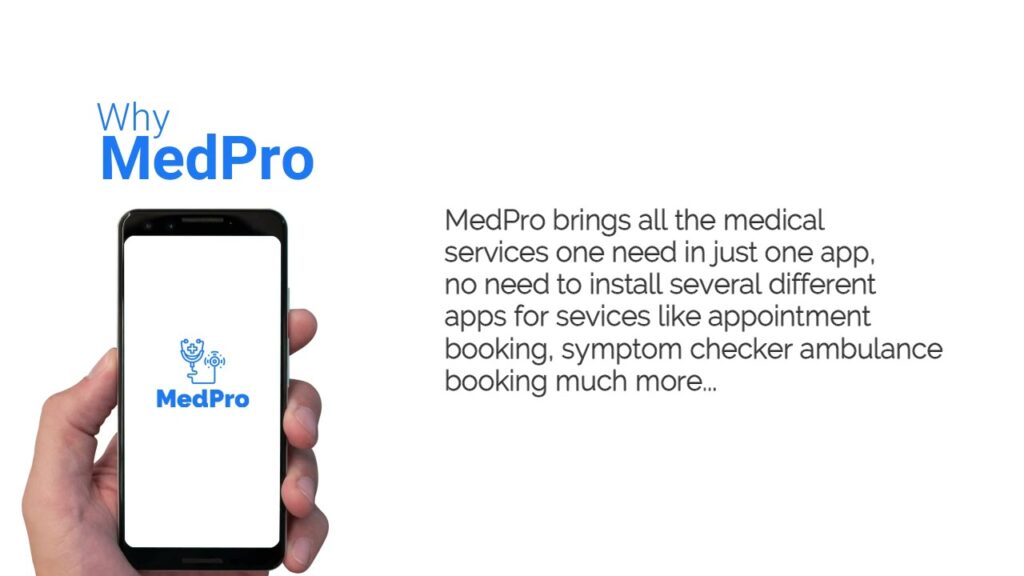
Source: devfolio.co
MedProText leads the pack, providing a secure platform for healthcare professionals to communicate. It’s known for its user-friendly interface and robust security measures, which include end-to-end encryption and automatic message deletion. MedProText also ensures that users have complete control over message expiration, enhancing data security.
Pros
With its end-to-end encryption and automatic message deletion, MedProText provides top-tier data security. The user-friendly interface and user-controlled message expiration options are also key highlights.
Cons
As it is primarily a messaging app, it lacks the versatility of some other platforms, such as telehealth services.
2. Spruce Health
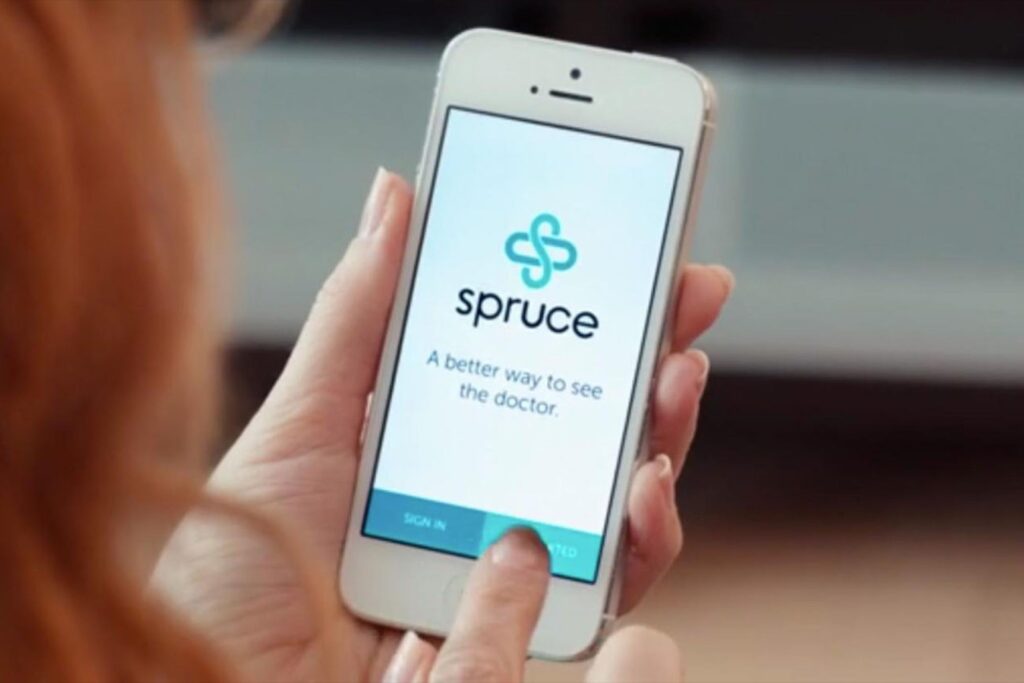
Source: entrepreneur.com
Spruce Health offers a comprehensive solution for secure communication in healthcare environments. Beyond secure texting, it also supports telehealth with video and voice calling, allowing providers to communicate with patients safely. It stands out with its feature-rich platform that integrates patient communication, team care coordination, and telemedicine.
Pros
Spruce Health excels in providing an all-in-one platform that not only ensures secure messaging but also enables telehealth services through video and voice calls.
Cons
The multitude of features may seem overwhelming to some users, and the platform may be more complex to navigate for those seeking simple texting capabilities.
3. OhMD
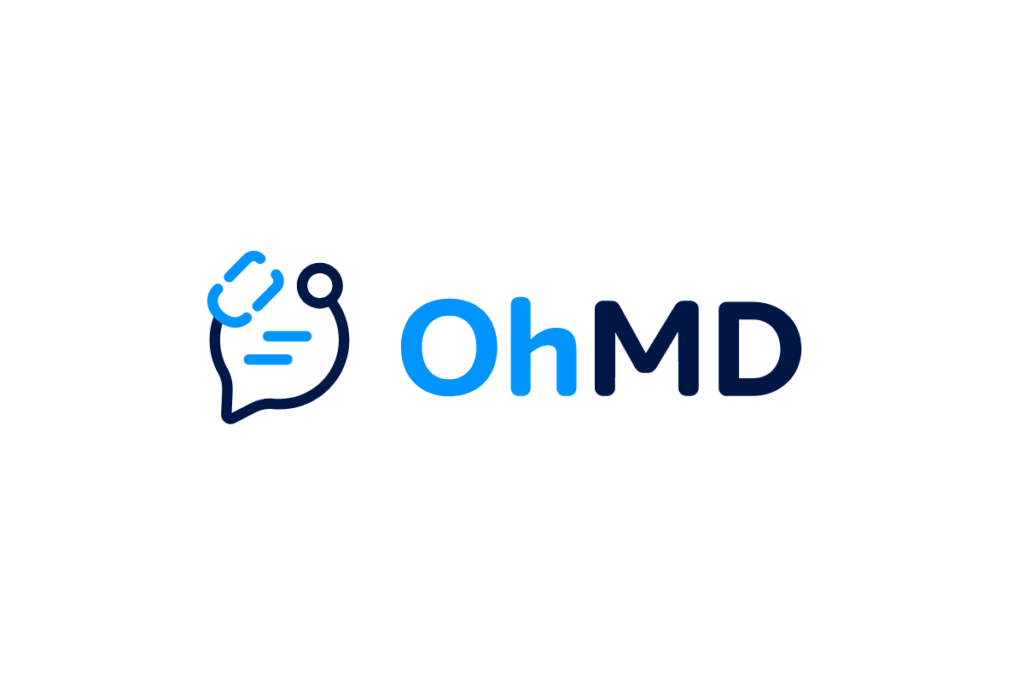
Source: ohmd.com
OhMD has carved out a niche in the healthcare sector as a reliable HIPAA compliant texting app. It streamlines patient-provider communication by allowing patients to text their healthcare providers just like they would text their friends or family. OhMD also includes features for automated appointment reminders and broadcasts to groups.
Pros
OhMD simplifies patient-provider communication, allowing patients to text their healthcare providers as easily as texting their friends or family. Additional features include automated appointment reminders and group broadcasts.
Cons
Despite its easy communication feature, the lack of advanced features like telemedicine support or EHR integration might be a drawback for some providers.
4. Klara
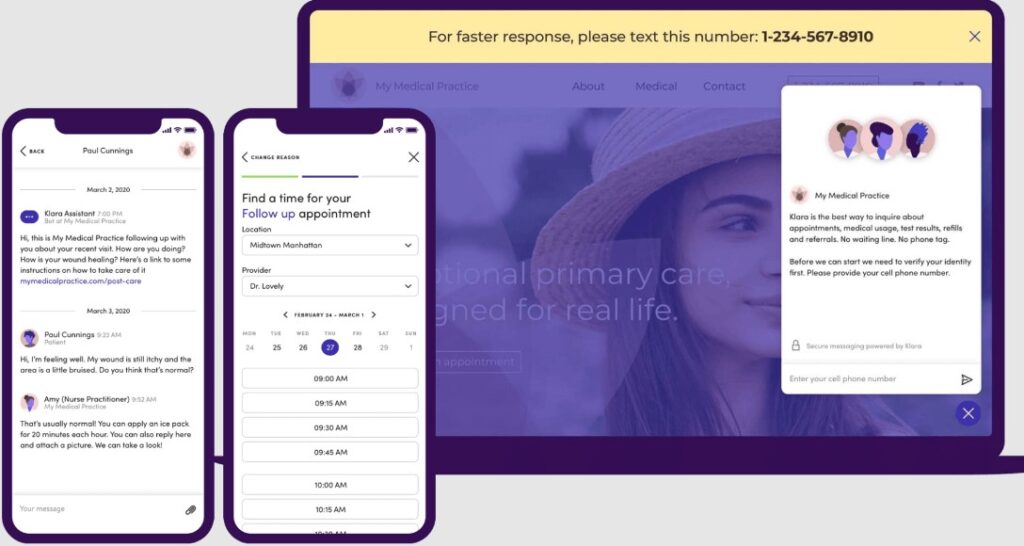
Source: avenga.com
Known for its seamless integration with electronic health record (EHR) systems, Klara streamlines workflows and improves team collaboration. It allows medical staff to communicate securely with patients, schedule appointments, and share files. Its rich feature set and EHR integration make it an excellent choice for practices seeking a comprehensive communication solution.
Pros
Klara shines with its seamless EHR integration, enhancing workflows and improving team collaboration. Secure patient communication, appointment scheduling, and file sharing are also facilitated.
Cons
Klara’s primary focus on EHR integration may not suit providers who don’t utilize compatible EHR systems.
5. TigerConnect
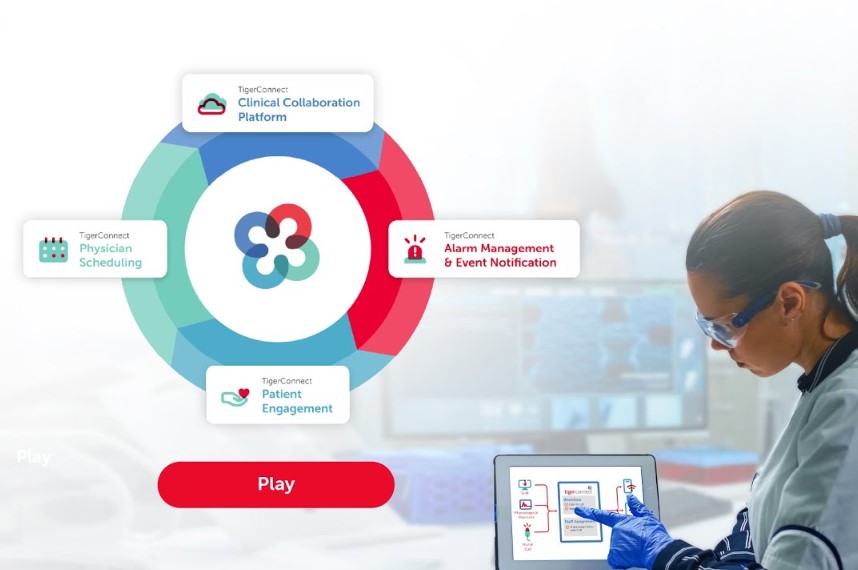
Source: youtube.com
TigerConnect offers a powerful suite of communication tools designed specifically for the healthcare sector. Its HIPAA compliant texting service provides robust security, delivery confirmation, and message recall. TigerConnect also supports video and voice calls, making it a versatile choice for healthcare providers.
Pros
TigerConnect offers secure texting with delivery confirmation and message recall features, ensuring data safety. It also supports video and voice calls.
Cons
Despite its robust features, the user interface might be a bit complicated for some users, especially those new to digital communication tools.
6. QliqSOFT
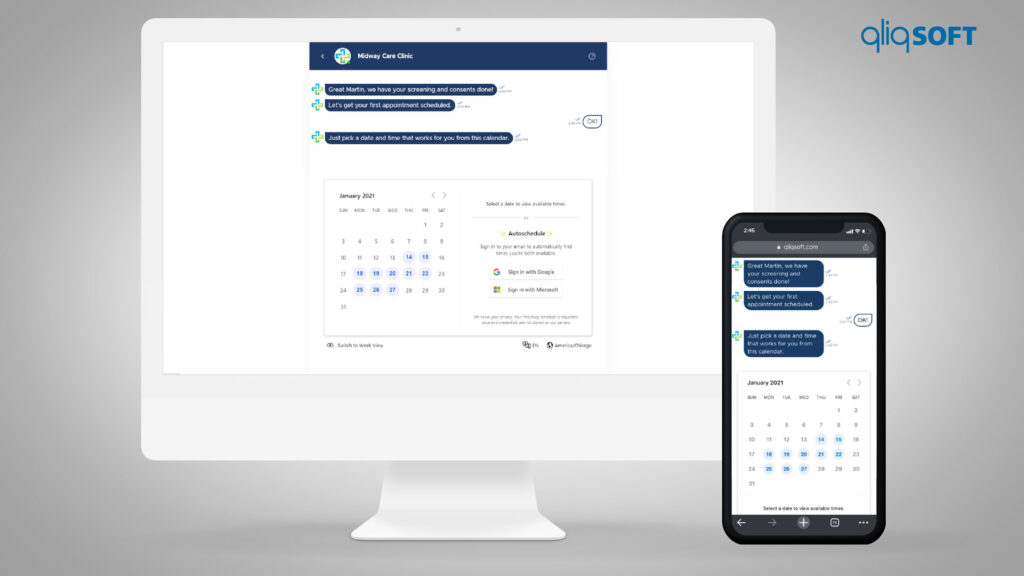
QliqSOFT focuses on enhancing efficiency in healthcare communication. It has a unique feature – QliqSTOR – which provides secure cloud storage for sharing large files. QliqSOFT also offers Virtual Visit for telehealth consultations, making it a versatile HIPAA compliant texting app.
Pros
QliqSOFT’s unique feature, QliqSTOR, provides secure cloud storage for sharing large files, enhancing data-sharing capabilities. It also includes virtual visit for telehealth consultations.
Cons
Providers looking for simple, straightforward texting may find some of its additional features unnecessary.
7. Halo Health
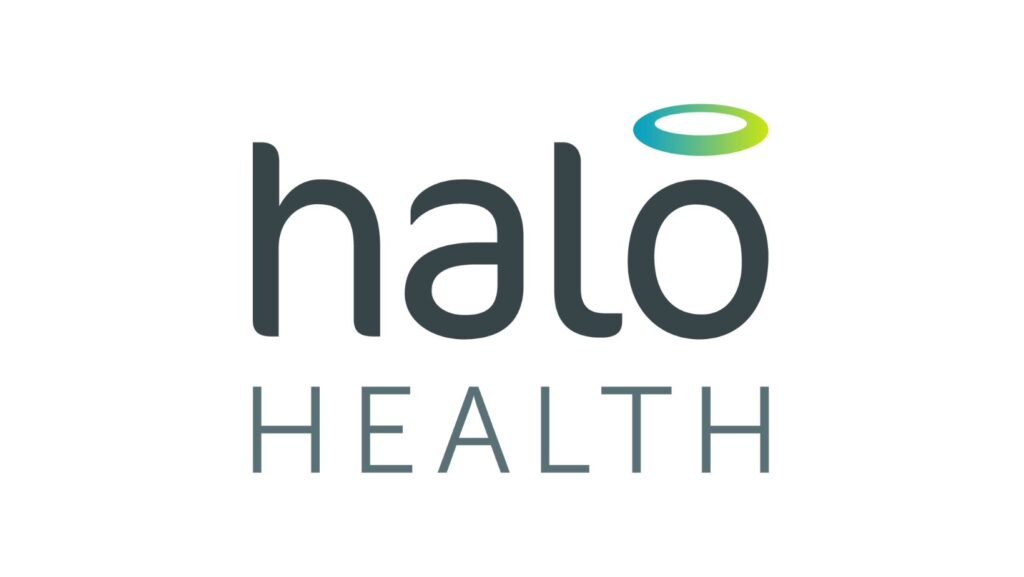
Source: haloishere.com
Aiming to streamline clinical communication, Halo Health offers a range of features beyond secure texting. Its platform includes on-call scheduling, critical results, alerts, and team messaging. Halo’s HIPAA compliant app is known for its comprehensive approach to healthcare communication and coordination.
Pros
The platform includes a range of features beyond secure texting like on-call scheduling, critical results, alerts, and team messaging.
Cons
The multitude of features might make the app slightly overwhelming to use for those seeking simplicity in their communication tools.
8. MedTunnel
MedTunnel provides a free service for healthcare providers to send and receive private messages and documents. Its standout feature is its ability to allow providers to send large files that might usually be difficult to send via email. It offers a simple, cost-effective solution for HIPAA compliant texting.
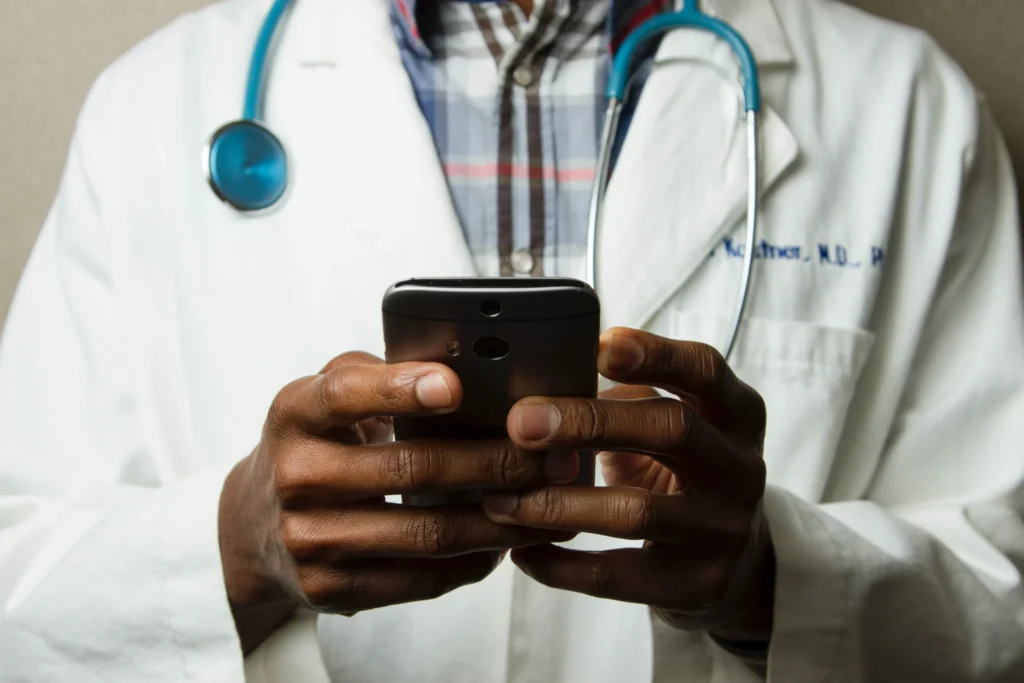
Source: messagenius.com
In conclusion, all these apps offer robust security measures to ensure that communication remains HIPAA compliant, safeguarding sensitive patient data. However, the best app for you will depend on the specific needs of your practice. Some providers may require comprehensive tools that offer practice management in addition to secure texting. Others may prefer apps that focus primarily on secure communication, possibly with added features such as file sharing or telehealth support.
When making your choice, you should consider factors such as the app’s ease of use, the availability of customer support, and its ability to integrate with other systems you use, such as your electronic health records system. You may also want to consider whether the app can be used on various devices and whether it supports communication with both patients and other healthcare providers.
While we must prioritize data security and privacy in healthcare, it’s also crucial to select tools that streamline workflows and improve the efficiency of communication. This balance is what these HIPAA compliant texting apps strive to achieve, providing secure, efficient solutions for communication in healthcare.
With the rise of telemedicine and the increasing reliance on technology in healthcare, the use of these apps will likely continue to grow. They represent a crucial aspect of modern healthcare delivery, helping to protect patient data while enhancing the provision of care.
To end with, remember that while these tools provide the foundation for HIPAA-compliant communication, it’s also essential to implement appropriate policies and training to ensure all staff members understand how to use these tools responsibly. Technology can aid in compliance, but ultimately, compliance is about people understanding and correctly following the rules.










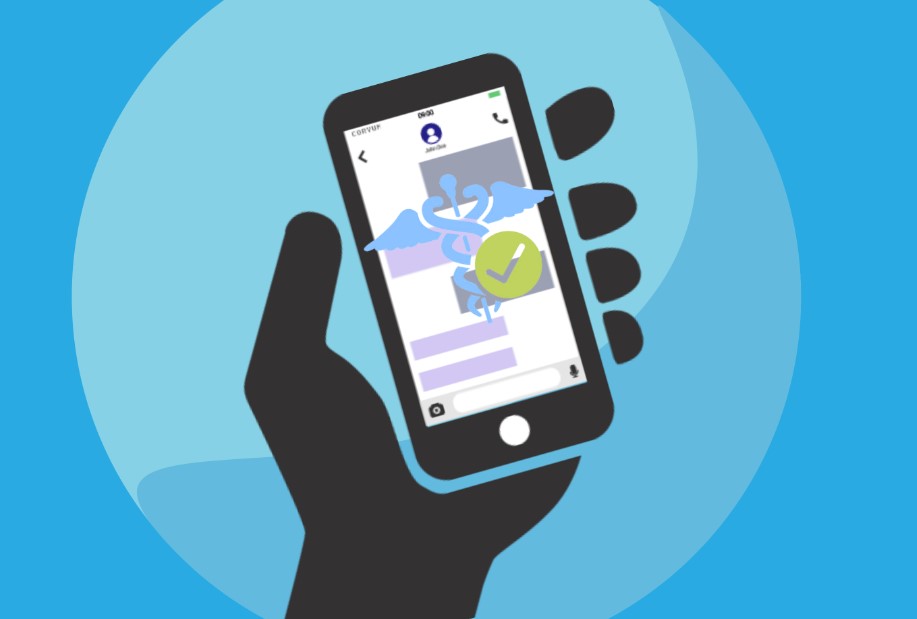








Discussion about this post